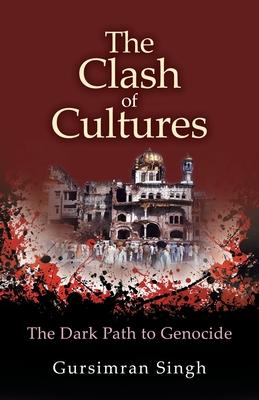In 1984, the Sikh community - a minority amidst the Hindu majority that dominates the Indian nation-state - faced the most traumatizing of events for any group - complete annihilation. Since its inception, the fundamental Sikh ideas of freedom and equality drew fire from the majority Hindu and Islamic populations in the region. Throughout the history of the Sikh community, the founders and leaders have sought to set a distinct and bold culture that challenged hypocrisy and injustice. Following centuries of cultural tensions and decades of oppression by the Indian nation-state, the Sikh community, no stranger to assaults on its culture, was attacked in what would be a permanently scarring episode in the annals of history. An untold story of betrayal, political, religious, cultural, and ideological tension, and oppression, the captivating events of the 1984 Sikh genocide and their aftermath leave a stain on the Indian nation-state.

The Clash of Cultures: The Dark Path to Genocide
In 1984, the Sikh community - a minority amidst the Hindu majority that dominates the Indian nation-state - faced the most traumatizing of events for any group - complete annihilation. Since its inception, the fundamental Sikh ideas of freedom and equality drew fire from the majority Hindu and Islamic populations in the region. Throughout the history of the Sikh community, the founders and leaders have sought to set a distinct and bold culture that challenged hypocrisy and injustice. Following centuries of cultural tensions and decades of oppression by the Indian nation-state, the Sikh community, no stranger to assaults on its culture, was attacked in what would be a permanently scarring episode in the annals of history. An untold story of betrayal, political, religious, cultural, and ideological tension, and oppression, the captivating events of the 1984 Sikh genocide and their aftermath leave a stain on the Indian nation-state.